Your iPhone camera can now take better photos thanks to the minds behind Google Pixel
Adobe just launched a free app that iPhone photographers will want to try.

Adobe launched a new iPhone camera app to help you capture sharper, clearer photos. It is free, works on recent iPhones and doesn’t even require an Adobe account to start shooting.
Adobe just dropped a new computational photography app for iPhones called Project Indigo. And interestingly, one of the people behind it is Marc Levoy, the same guy who helped build the computational photography magic that made Google’s early Pixel cameras stand out (and no, it’s not available on Android yet, which is kind of ironic).
Released last week via Adobe Labs, Project Indigo is free and you won’t have to bother with logging into an Adobe account to use it, too. It works on iPhone 12 Pro and iPhone 12 Pro Max, iPhone 13 Pro/Pro Max and all iPhone 14 models and up. However, Adobe recommends using it on an iPhone 15 Pro or later for best results.
The app captures up to 32 frames and combines them into a single photo – kinda like HDR or Night mode on your iPhone, but taken further with more control and more frames. Sure, you’ll sometimes have to wait a few extra seconds after snapping, but the payoff is cleaner shadows, less noise and better dynamic range.
You can also adjust how many frames the app captures in each burst, giving photographers the freedom to choose the right balance between how long the shot takes and how much noise ends up in the photo. Plus, there’s a Long Exposure mode for those who want to experiment with cool motion blur effects.
The app relies on AI to save photos in both regular dynamic range and the more detailed high dynamic range. Adobe mentions that Project Indigo plays well with Camera Raw and Lightroom for further editing.
And, just like you’d want from a pro-level camera app, it gives you hands-on control over things like focus, ISO, shutter speed, white balance (with fine-tuning for warmth and tint), and exposure adjustments.
Unlike some AI zoom tricks that just make up details, this method relies on actual tiny shifts to rebuild the image resolution, resulting in a more authentic and higher-quality picture.
The app is serving as a testing ground for features that could show up in other top-tier Adobe products, like a tool to remove annoying reflections. Looking ahead, the team is working on adding an Android version, a portrait mode and even video capture capabilities.
One of the coolest things smartphones brought us is having a decent camera right in our pockets – ready to snap good photos with just a tap. Plus, you can edit and share those shots all from the same device, which is super convenient.
And Project Indigo tackles some of the biggest gripes people have with phone photos today – like images that are too bright, lack contrast, have way too much color saturation or suffer from heavy smoothing and sharpening. Adobe is aiming to fix those issues right at the source.
Full disclosure: I couldn’t try the app myself because I have an iPhone 13 mini, which isn’t supported due to “physical memory constraints” (bummer). The app also doesn’t work on iPhone 12 or 12 mini.
Still, from what Adobe’s shown, Project Indigo looks like a real step up – delivering sharper details, better lighting and photos that look great even blown up on big screens.
Since this is just the beginning, it’s exciting to think about what Adobe might bring next – whether that’s a new version of Indigo or something fresh that blends mobile photography and editing with next-level computational photography and AI.
Oh, and speaking of AI – Adobe’s Firefly app just launched on iOS and Android, letting anyone create images and videos just by typing what they want.
Adobe launches Project Indigo for iPhones
Adobe just dropped a new computational photography app for iPhones called Project Indigo. And interestingly, one of the people behind it is Marc Levoy, the same guy who helped build the computational photography magic that made Google’s early Pixel cameras stand out (and no, it’s not available on Android yet, which is kind of ironic).
See the difference: left is a single iPhone shot in very low light (1/10 lux), while right is Indigo's handheld photo, merged from 32 frames to cut down on noise. | Image credit – Adobe
Indigo offers a "Long Exposure" button. | Image credit – Adobe
And, just like you’d want from a pro-level camera app, it gives you hands-on control over things like focus, ISO, shutter speed, white balance (with fine-tuning for warmth and tint), and exposure adjustments.
Project Indigo also improves digital zoom by using a multi-frame super-resolution technique. When you zoom in beyond 2×, it snaps several slightly shifted shots – thanks to your natural hand movement – and merges them to create a clearer, sharper photo.
On the left, a San Francisco snapshot from an iPhone 16 Pro Max (5x lens, 10x digital zoom). On the right, the same scene via Indigo's multi-frame super-resolution. Notice Indigo's clearer detail and less noise, especially in the building windows. | Image credit – Adobe
The app is serving as a testing ground for features that could show up in other top-tier Adobe products, like a tool to remove annoying reflections. Looking ahead, the team is working on adding an Android version, a portrait mode and even video capture capabilities.
Your next iPhone pic could look way sharper
Your iPhone can take better pics. | Image credit – Adobe
This should be just the start
Full disclosure: I couldn’t try the app myself because I have an iPhone 13 mini, which isn’t supported due to “physical memory constraints” (bummer). The app also doesn’t work on iPhone 12 or 12 mini.
Still, from what Adobe’s shown, Project Indigo looks like a real step up – delivering sharper details, better lighting and photos that look great even blown up on big screens.
Since this is just the beginning, it’s exciting to think about what Adobe might bring next – whether that’s a new version of Indigo or something fresh that blends mobile photography and editing with next-level computational photography and AI.
Oh, and speaking of AI – Adobe’s Firefly app just launched on iOS and Android, letting anyone create images and videos just by typing what they want.
Follow us on Google News
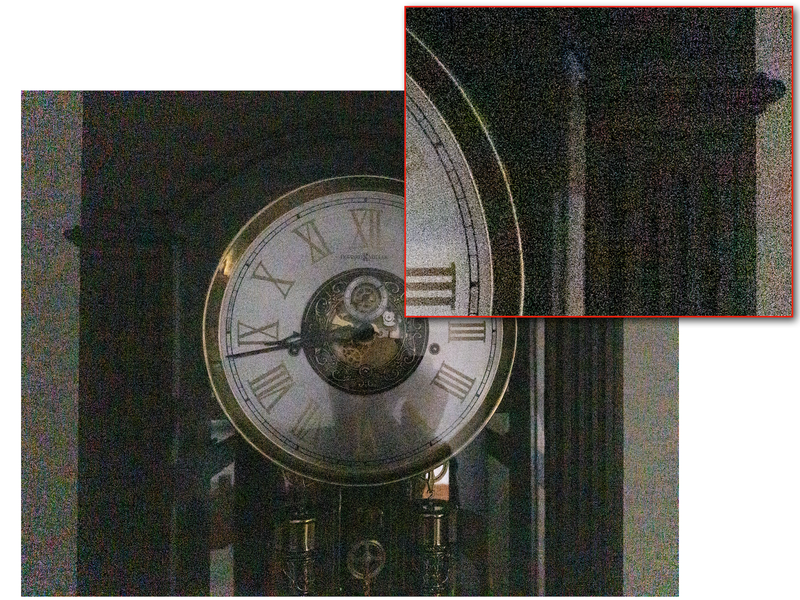
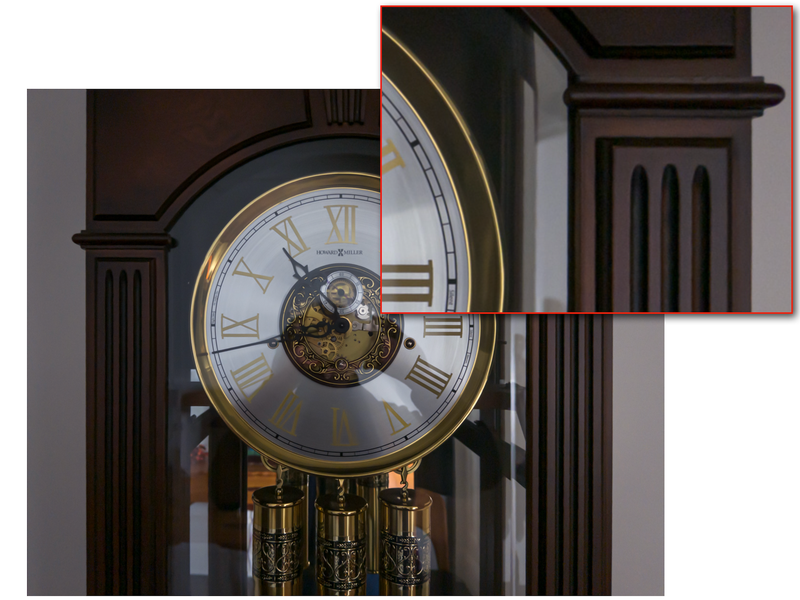
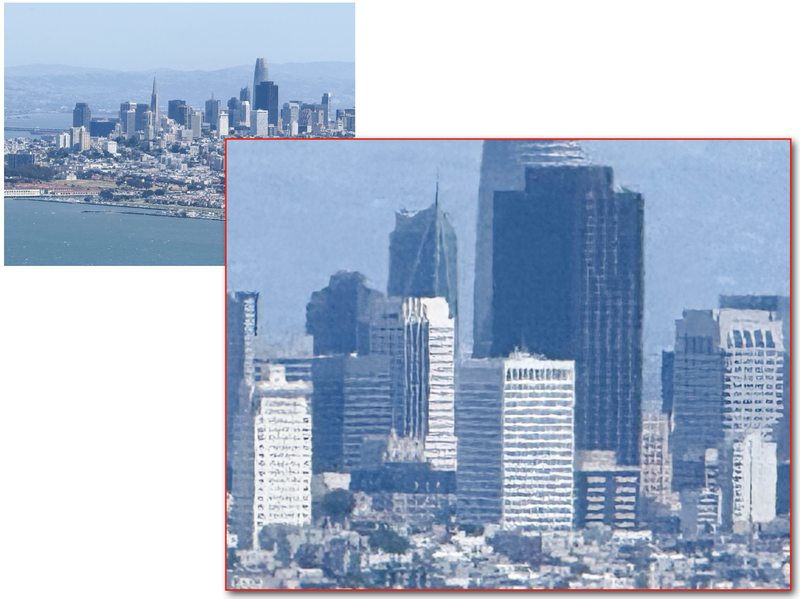
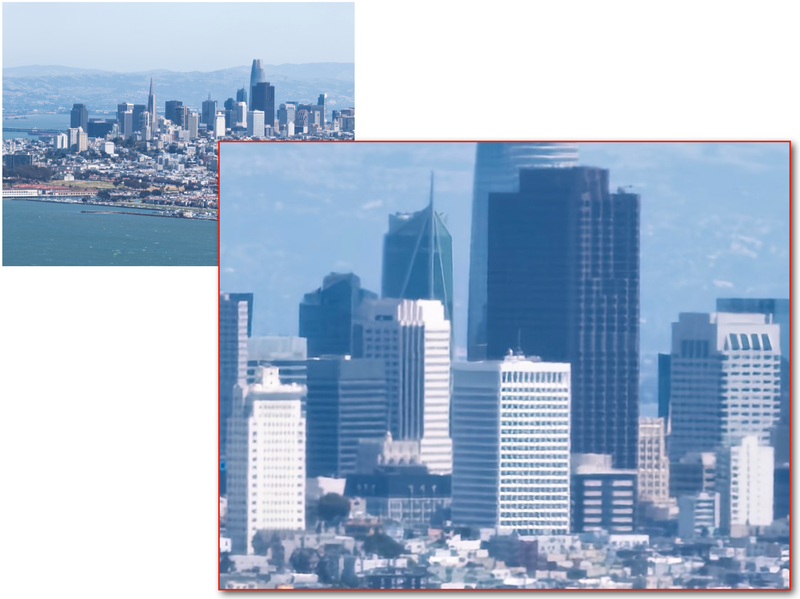
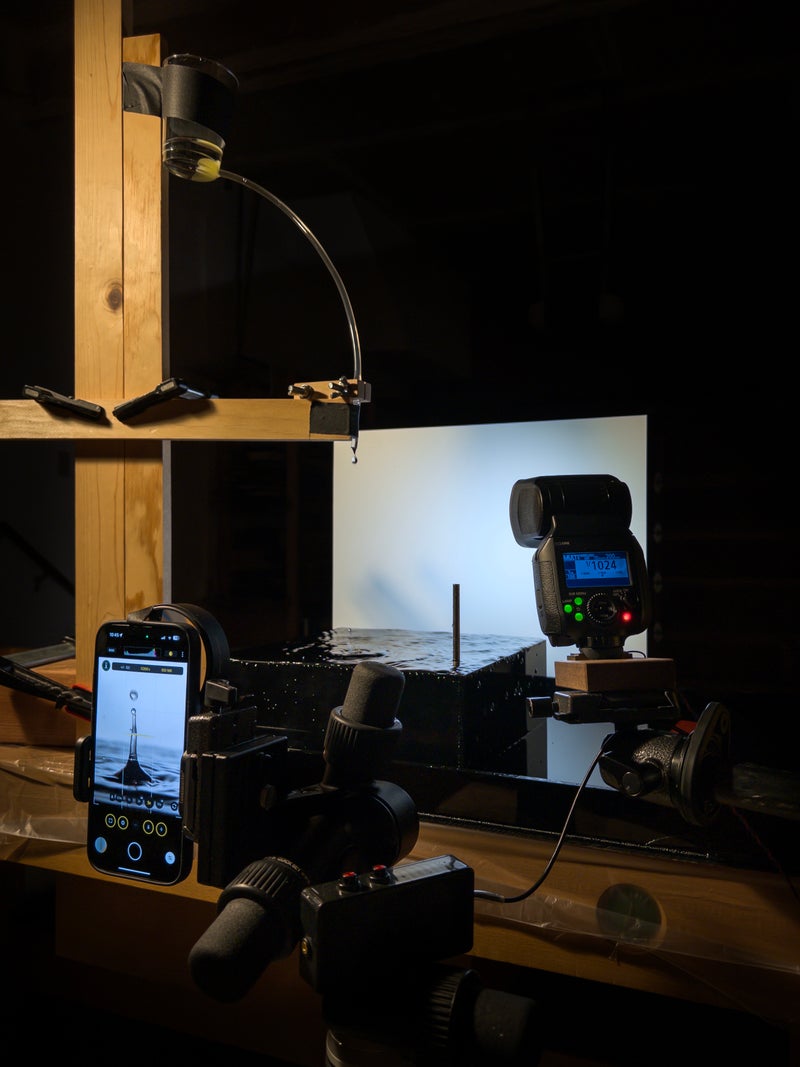
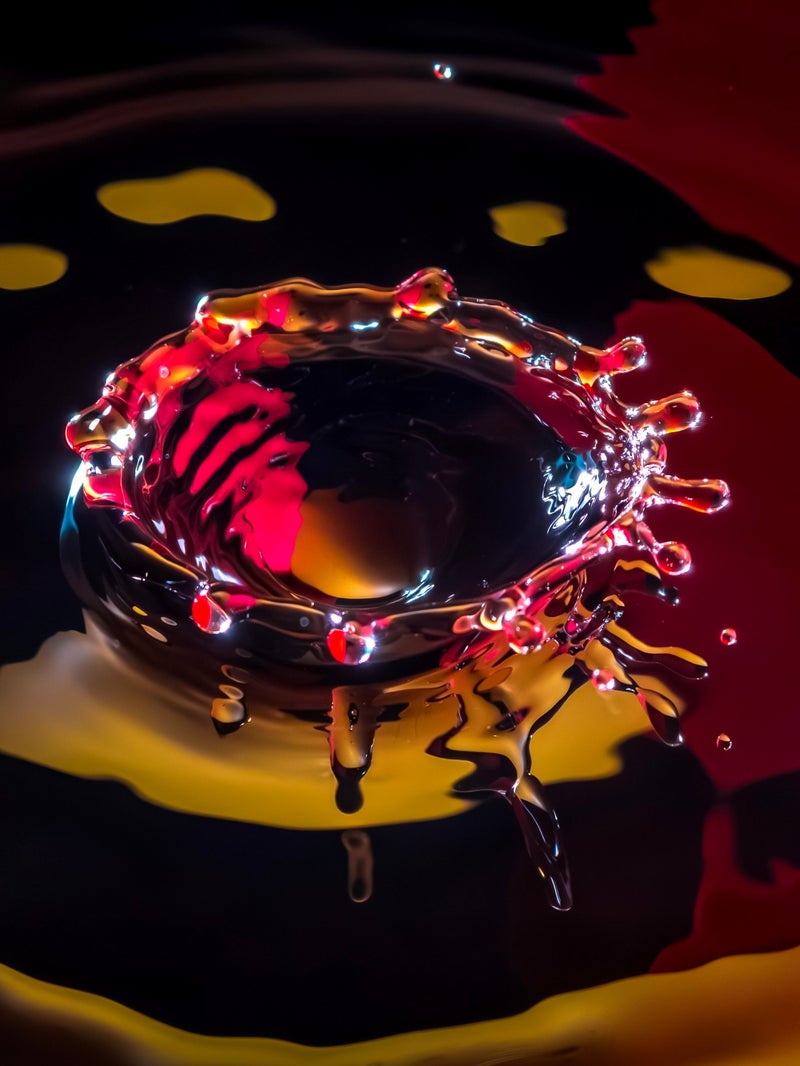




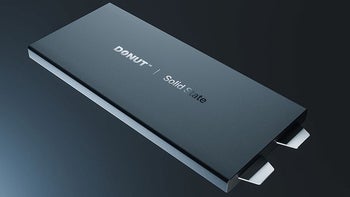
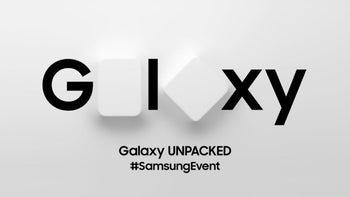

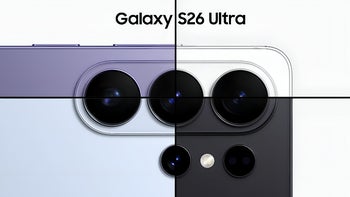

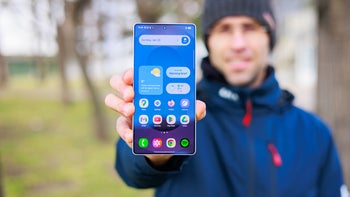
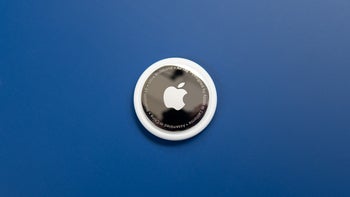
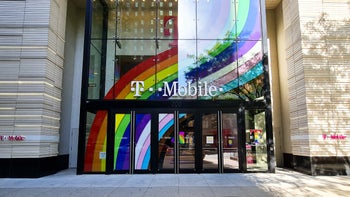
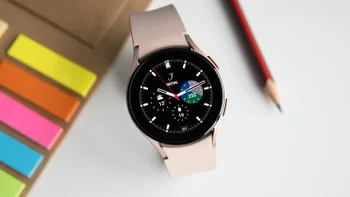
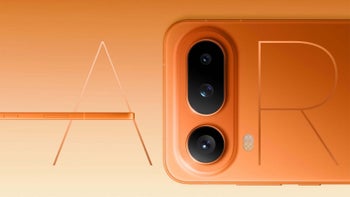
Things that are NOT allowed:
To help keep our community safe and free from spam, we apply temporary limits to newly created accounts: